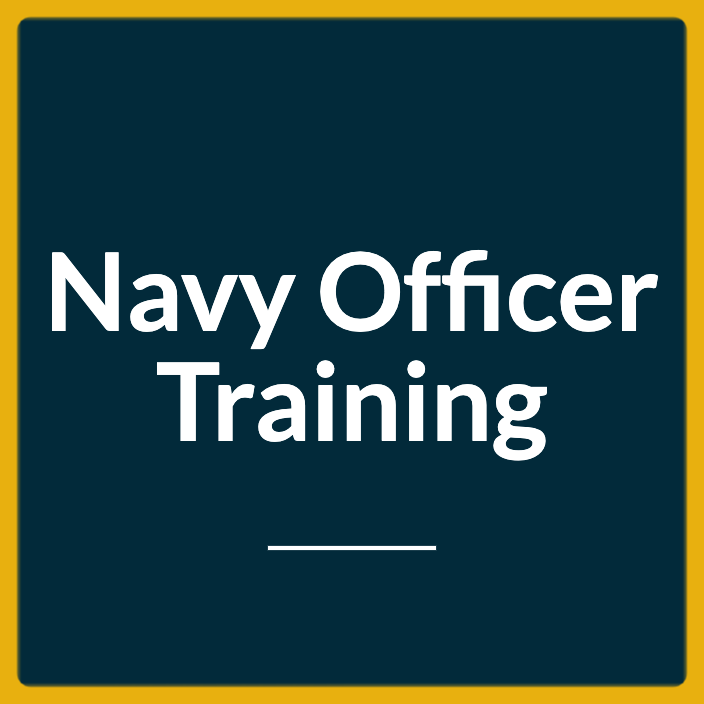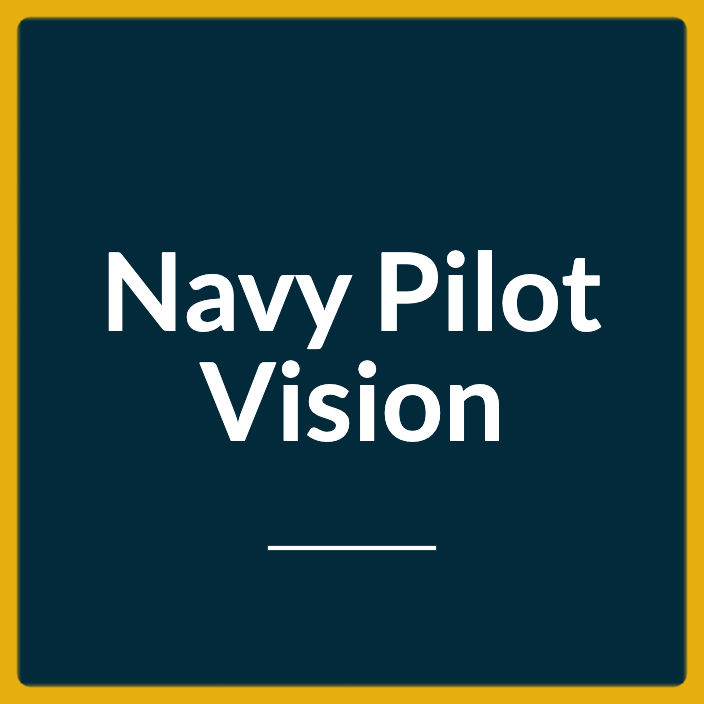The Navy needs sharp leadership to handle an unpredictable world. Becoming a Naval Officer is a demanding but rewarding path.
It’s more than a job. It’s a chance to grow, lead, and serve. Officers develop skills that push them forward, personally and professionally.
They take on real responsibility, represent their country, and make a tangible difference.
Leadership Experience
Leadership in the Navy isn’t a title—it’s a responsibility. From the start, officers manage teams, solve problems, and make decisions that matter. That takes more than rank. It takes strong thinking and the ability to work with people.
As officers move up, the stakes rise. Bigger missions, harder calls, more people depending on them. Leadership isn’t learned in a classroom—it’s built through real experience. The Navy encourages this through a framework of Culture of Excellence.
Empathy earns trust. Dependability keeps everything running. Sacrifice is part of the job—putting the team first, no matter what. Weak leaders don’t last.
The Navy doesn’t just teach leadership. It demands it. More experience means more responsibility. You either grow into it or get left behind.

Opportunities for Promotion
Promotion in the U.S. Navy isn’t about time served—it’s about proving you’re ready. Officers get a clear path to advancement, but the competition is tough. Leadership, technical skill, and performance under pressure all factor in.
Annual evaluations matter. They measure how well officers lead, solve problems, and handle responsibility. Strong results open doors—advanced training, specialized certifications, and higher-ranking positions. Fall short, and you stay where you are.
The Navy offers different ways to move up. Selection boards, temporary promotions, even battlefield advancements in wartime. Each step means more authority, tougher decisions, and higher expectations.
It’s not just about passing tests. Officers have to show they can handle bigger roles. Competence, training, and leadership all play a role in who gets promoted.
The Navy moves leaders forward, but only those who prove they’re ready. Strong performance and continuous improvement separate those who advance from those who don’t.
Free Healthcare
Naval officers get full medical coverage at no cost. Everything from hospital visits to routine check-ups is covered. Military medical facilities handle it all—preventive care, physicals, and more.
Staffed with trained professionals and equipped with advanced technology, these facilities ensure top-tier care.
They can also see civilian doctors for a small co-pay. That means more choices for care without losing coverage.
No bills, no stress. Healthcare is handled, freeing officers from the financial strain of medical costs.
Free Housing
Naval officers get free housing or a housing allowance, covering both single sailors and those with families. Housing options depend on rank.
Junior enlisted sailors live in shared barracks. Quality varies by base and budget. Senior sailors get on-base housing or Basic Allowance for Housing (BAH), which adjusts based on location and dependents. The Department of Defense provides a BAH calculator to estimate rates.
Assignments aren’t always flexible, but the Exceptional Family Member Program helps sailors with special family needs. Either way, housing is covered, letting service members focus on their job, not rent.
Paid Vacation
Naval officers get 30 days of paid vacation every year—far more than most civilian jobs. Sick leave: Unlimited. Time off is covered, no paycheck lost.
They can take leave before and after deployments, during holidays, and over the summer. That means real family time and a break from the job’s demands.
Many use vacation when transferring to a new command, sometimes moving across the country or even overseas. Relocating is tough, and this time off helps families adjust.
It’s a major perk—paid time to recharge and be with loved ones.
Pay for Graduate Education
Naval officers get serious backing for higher education. Tuition, housing, and living costs for grad school: All covered. The Navy invests in its officers.
The GI Bill kicks in after three years of service. Public universities, tuition, housing—paid for. That opens doors for officers aiming higher.
Military training isn’t just experience; it can count as college credit. Officers with degrees can tap into Navy programs to build on their expertise.
Some jobs demand advanced degrees, and when they do, the Navy steps up with funding and academic support.
For officers who want to keep learning, the Navy makes it happen. No roadblocks—just opportunity.
Retirement Benefits
Naval officers lock in lifetime retirement benefits after 20 years of service—pension, healthcare, and financial security.
Retirement pay depends on rank and years served. A Commander (O-5) retiring at 20 years gets about 50% of their final base pay.
Stick around for 30 years? That jumps to 75%.
Healthcare is covered for life through Tricare—medical, dental, prescriptions. No gaps, no worries.
The Blended Retirement System (BRS) adds more. It includes a Thrift Savings Plan (TSP), like a 401(k), with the Navy matching up to 5% of base pay.
Between pension, lifetime healthcare, and investment matching, the Navy sets officers up for long-term financial stability.
Physical Fitness
Naval officers must meet strict fitness standards—it’s part of the job. Staying in shape isn’t optional.
Twice a year, officers take the Physical Readiness Test. Pushups, sit-ups, sit-and-reach, and cardio. Pass the test, stay mission-ready.
Fitness leaders help sailors train and hit their goals. The Navy provides top-tier gyms, sports programs, and even access to Exercise Joint Warrior, a massive military training event in Europe.
Height, weight, and grooming standards also apply. The Navy enforces these for safety and performance.
The Navy doesn’t just demand fitness—it provides the tools to maintain it.
Tax-Free Shopping
Naval officers and their families get tax-free shopping. That means cheaper prices, no extra charges. The Navy Exchange and Commissary make it happen.
The Navy Exchange is a military-only retail chain. Electronics, clothes, home goods—no taxes, no markups. Straight savings on everyday stuff and big-ticket items.
The Commissary handles groceries. Meat, produce, dairy—subsidized to keep costs low. Prices don’t spike like in civilian stores.
On top of discounts, both offer exclusive military deals. No taxes: That’s another 10% saved every time. Some locations even throw in a 15% discount for first-time customers.
With prices climbing everywhere, this perk makes a difference. Less spent on essentials means more left for everything else.
Post-Service Career Opportunities
A career as a U.S. Naval Officer opens doors. Government, private sector—options are wide open after service.
Navy officers leave with real leadership experience. That translates directly into management and executive roles in multiple industries. Some stick with government work, moving into national security or foreign policy roles where military insight is a major asset.
Specialized training also pays off. A naval aviator can step into commercial aviation. A Navy healthcare professional can transition straight into civilian medicine. The skills learned in service don’t stay in the military—they transfer.
Former officers bring leadership, adaptability, and problem-solving to the table. Employers want that. The military builds it.
Higher pay, job security, career growth—becoming a Navy officer isn’t just a job. It’s a launchpad.
Travel the World
Naval officers travel. Deployments take them all over—Japan, Spain, Hawaii, Singapore. Some hit Bali, Dubai, the Maldives. Not just work—real experiences.
Port visits mean stepping into new cultures. Walk the streets, try the food, see something different. Some visits include community projects, a chance to give back and connect with locals.
This isn’t just sightseeing. It changes how you see the world. That kind of experience sticks—with careers, with life.

